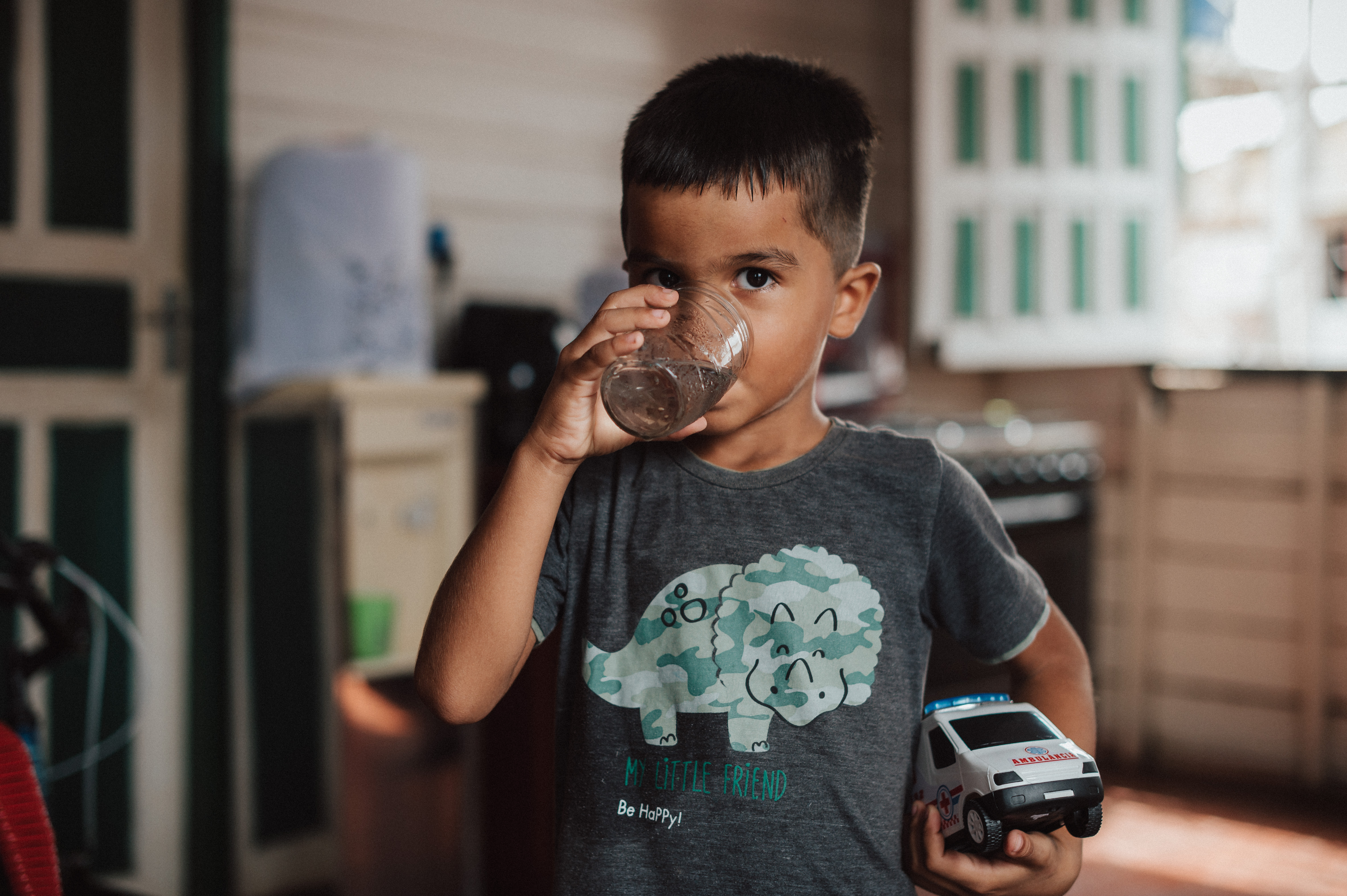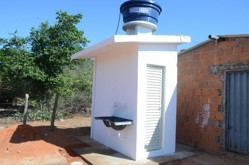

Description
The Home Sanitation Improvement Program (MSD) serves small rural and urban communities (small towns) or Traditional Communities (quilombo remnants) to meet the basic sanitation needs of families through minimum hydrosanitary facilities related to water use, hygiene and the proper destination of household sewage.
The program has the following objectives:
i)Implement individual and collective solutions of small size, with appropriate technologies;
ii) Contribute to the reduction of morbidity and mortality rates, caused by the lack or inadequacy of home sanitation conditions and
iii) Provide households with sanitation improvements, necessary for the protection of families and the promotion of hygienic habits.
Criteria 11/11
- ACCESSIBILITY
- ALIGNMENT WITH SDG 1,3,4,6 AND/OR 11
- RACE AND GENDER ISSUES
- ATTENTION TO CHILDREN AND ADOLESCENTS
- LOW COST
- SOCIAL DIFFUSION
- ADMINISTRATIVE EFFICIENCY
- ADHERENCE AND CONTINUITY AT LOCAL LEVEL
- WASH INITIATIVE
- CLIMATE RESILIENCE
- SUSTAINABILITY
City halls
SISAR
Non-governmental institutions
Rural and urban communities (small towns) or Traditional Communities (quilombo remnants).
Data for the last 4 years:
2021 - 149 projects in 141 municipalities
2020 - 292 projects in 233 municipalities served
2019 - project always in 454 municipalities
2018 - 138 projects in 133 municipalities
The resources made available to the MSD facilities must be requested by sending a proposal to Funasa in accordance with the guidelines made available by the Institution. The items that can be used to obtain funds are:
Potable water supply:
- Home/ intradomiciliary water connection;
- Water well (shallow);
- Catchment system;
- Rainwater storage (cisterns);
- Reservoirs.
Sanitation utensils:
- Sanitation set
- Kitchen sink
- Clothes washing tank
- Domestic filter
- Solid waste container (bins)
Destination of the wastewater:
- Septic tank/biological filter
- Leaching field
- Filtration and/or infiltration ditch
- Water harvesting system
- Intradomiciliary sewage connection
For the selection of the proposal, there are the eligibility and priority criteria, namely:
Eligibility:
- Proposal that benefits a municipality that has a population of up to 50 thousand inhabitants;
- Proposal that has attached the MSD Needs Assessment Form (LENE, acronym in Portuguese) to the consultation letter
Priority:
1. Municipalities with the highest Aedes aegypti Infestation Index (LIRA a, 2015) prepared by the Ministry of Health;
2. Municipalities with the largest deficit of toilets; (PNAD 2010)
3. Municipalities with the highest number of private households with income of up to three monthly minimum wages (IBGE - 2010);
4. Municipalities with the lowest Municipal Human Development Index - HDI-M in the PNUD database (2010); and
5. Municipalities that have a Municipal Basic Sanitation Plan or are in the process of being prepared in partnership with Funasa or with their own resources.
The institution provides manuals and model structures on its website to guide service requests, including a document titled "Manual of Technical Guidelines for the Preparation of Proposals for the Home Health Improvement Program."
Website: http://www.funasa.gov.br/melhorias-sanitarias-domiciliares
Federal Government Resource: non-onerous funds transfer program - Funasa
Annual budget allocation in the last 4 years for this action:
2021 - R$ 60,000,000.00
2020 - R$ 109,089,560.00
2019 - R$ 110,000,000.00
2018 - R$ 55,080,000.00

Imagem : Sanitation set installed in residence in Nova Porteirinha, MG. Source: City Hall of Nova Porteirinha – MG, 2019